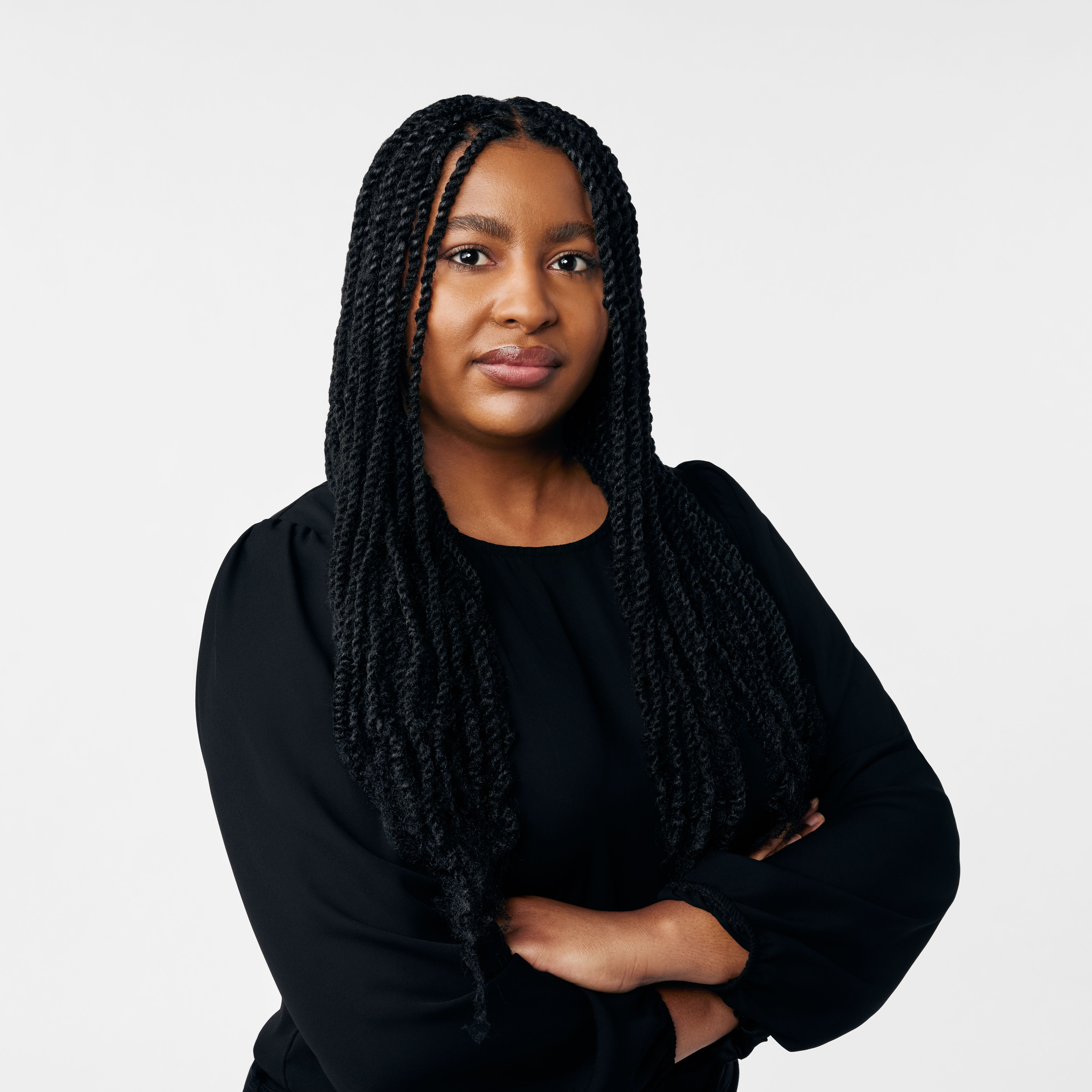Georgia Tech professor pleads guilty to defrauding government program of nearly $40K

A former Georgia Tech professor has pleaded guilty to federal charges accusing him of defrauding the National Science Foundation out of nearly $40,000.
Maysam Ghovanloo,46, had been employed by Georgia Tech for 12 years, according to his profile on LinkedIn.com. In 2012, he founded Bionic Sciences, an organization that bills itself as a medical device developer and designer.
The business was funded by a federal grant through a research program that the National Science Foundation sponsored, according to U.S. Attorney Byung J. Pak.

In order to be eligible for those funds, Ghovanloo had to meet certain requirements, including adhering to award terms and conditions and providing truthful information in all documents submitted to NSF.
“Federal grants awarded to develop new medical instruments require meticulous and truthful records be kept of how those dollars are applied,” Pak said. “These funds are designed to help bring new innovations to fulfillment, and hopefully also into the medical arena, where they can be used for wellness.”
However, prosecutors said Ghovanloo submitted forms with fake and fraudulent information in order to obtain the federal research grant.
RELATED: Tongue pierce lets the paralyzed drive wheelchairs
As part of his guilty plea, Ghavanloo paid $40,000 in restitution and was barred from doing business with the federal government for three years, Pak said. Also, he was forced to resign from his position at Georgia Tech on June 21.
He is scheduled to be sentenced Nov. 5.
Bionic Sciences developed the Tongue Drive System, a device created to allow people with spinal cord injuries to control their wheelchairs, computer cursors or smart phones with tongue movements.
In other news:

